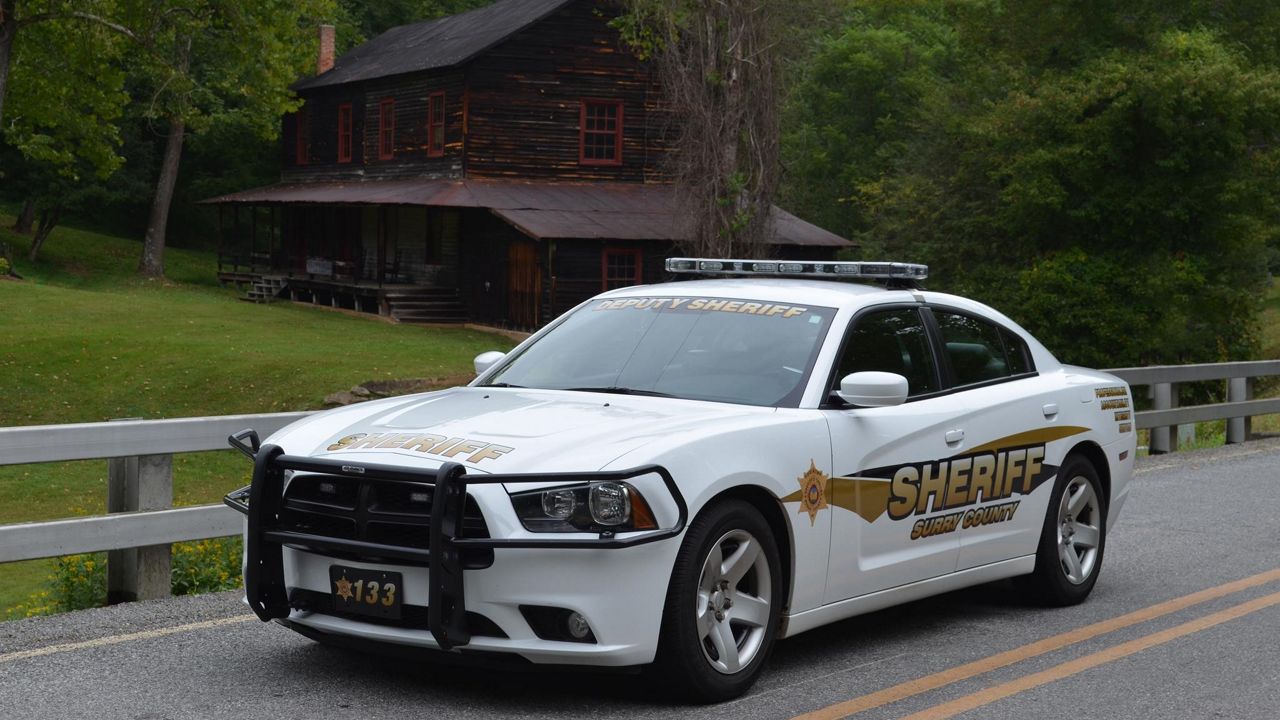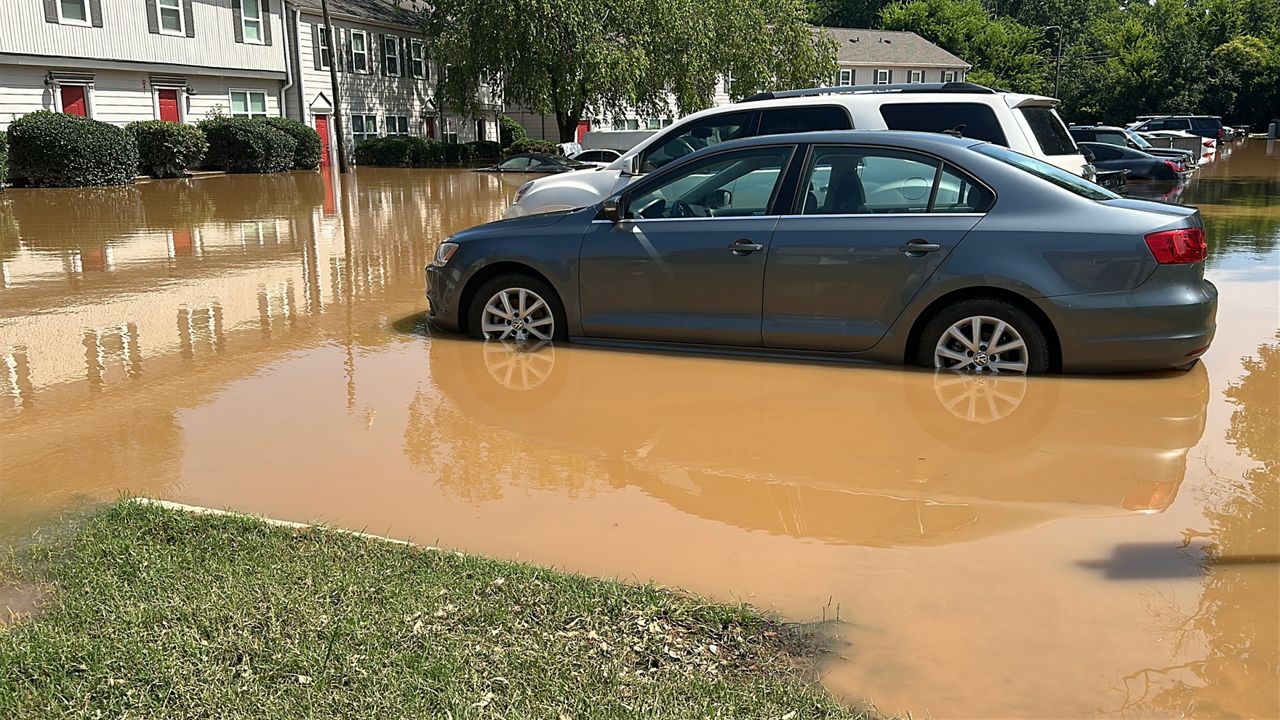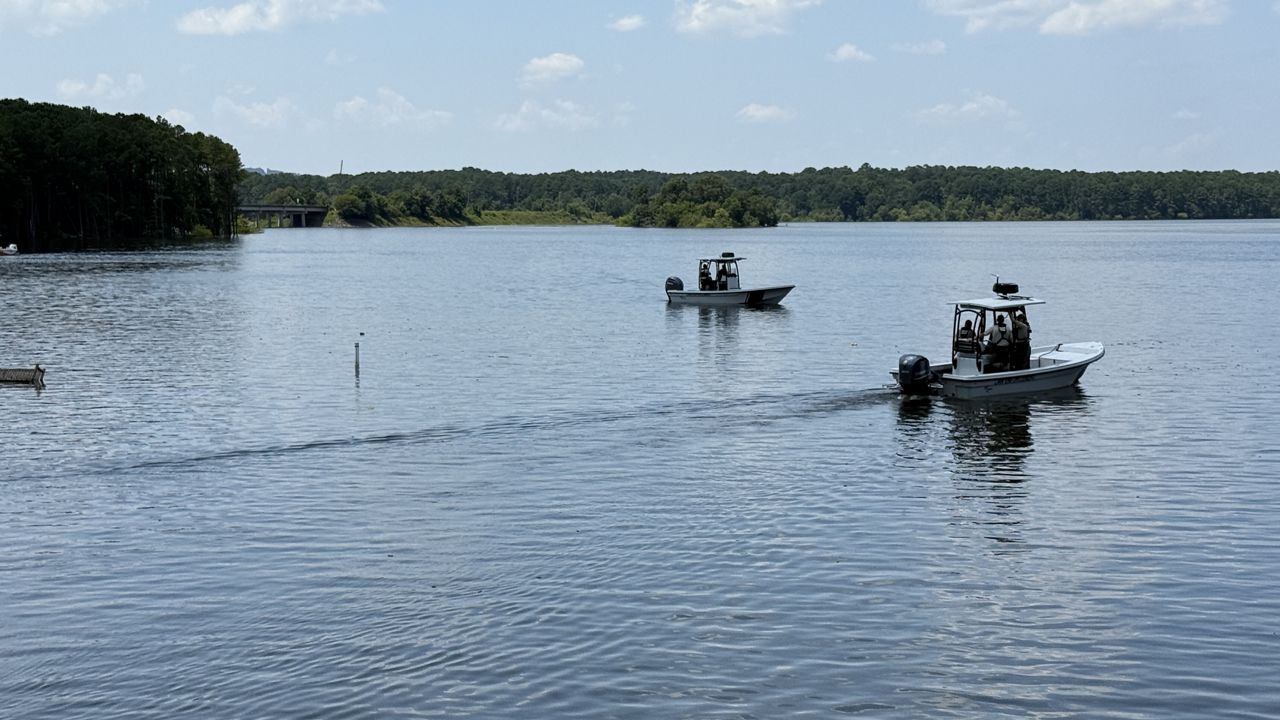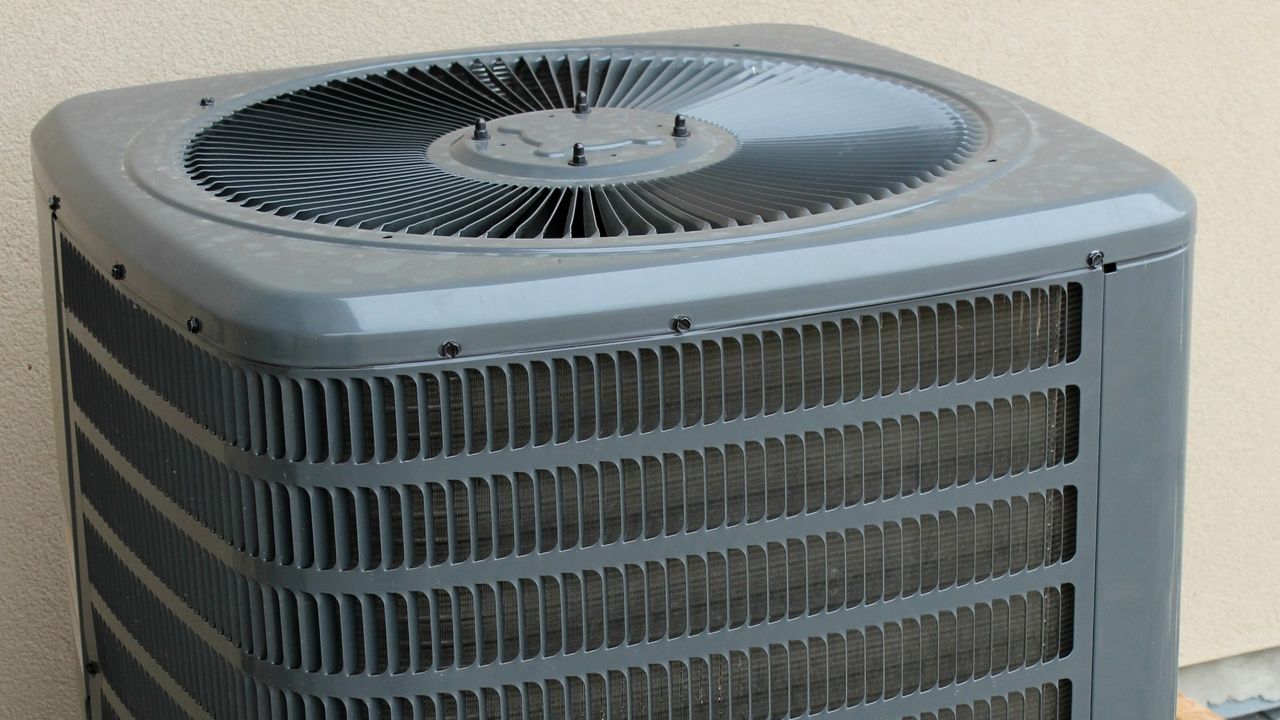CHARLOTTE, N.C. — A North Carolina fire department is preparing for a potential surge in heat-related emergency calls as hotter temperatures move in.
Dale Loberger serves as fire chief for the Griffith Road Volunteer Fire Department, Station 13 in Union County.
“I spend my day helping people,” Loberger said.
Loberger said the hotter temperatures can present heat-related illnesses for those who aren’t used to working or being outside in extreme heat.
“We expect the calls to increase as the temperatures increase,” Loberger said. “The next 10 days or so, I see nothing under the 90s. We’re even flirting with 100 at least one day.”
Related: Dangerous heat likely next week in North Carolina
Extreme heat is the leading cause of weather-related deaths in the United States, killing hundreds every year, according to the National Weather Service.
They added heat cramps are typically the first sign before experiencing serious heat-related illnesses include heat exhaustion and heat strokes.
Typical symptoms of exhaustion include heavy sweating and clammy skin. But for a heat stroke, people can have slurred speech, which will likely require a 911 call for help.
Loberger said people doing yard work or activities outdoors may underestimate how quickly heat can take a toll.
While construction workers and others who regularly work outdoors tend to recognize early signs of distress, he said those unfamiliar with prolonged exposure, particularly older adults and children, are more vulnerable to excessive heat impacts.
“People like to get out in their yards and do some work,” he said. “But what I like to see is people not doing that as much because when they get out there, they don’t realize how hard they’re working, how much they’re sweating, [whether they’re] hydrating enough.”
The uptick in warm weather happens as staffing remains a concern for many volunteer departments, including Griffith Road’s.
Loberger said while they’ve recently added new team members, there’s still a critical need for volunteers with medical knowledge, especially during high-heat periods when response demands may escalate.
“Some of those can be life-threatening calls,” he said. “If we don’t have enough staff, especially if we’re responding to other calls, that leaves us with fewer staff to respond to those calls [like] cardiac arrests that take a lot of staff to be able to go in and try to save someone’s life.”
“I’ll take anyone who’s willing to serve. To have a few more folks, especially on the medical side, would be awesome,” Loberger said.
Loberger encourages residents to take preventive steps like drinking water and checking on neighbors who may be at higher risk, so emergency calls won’t be necessary.
In North Carolina, the Department of Health and Human Services reported nearly 4,700 emergency room visits last summer due to heat-related illnesses.







_Cropped)




